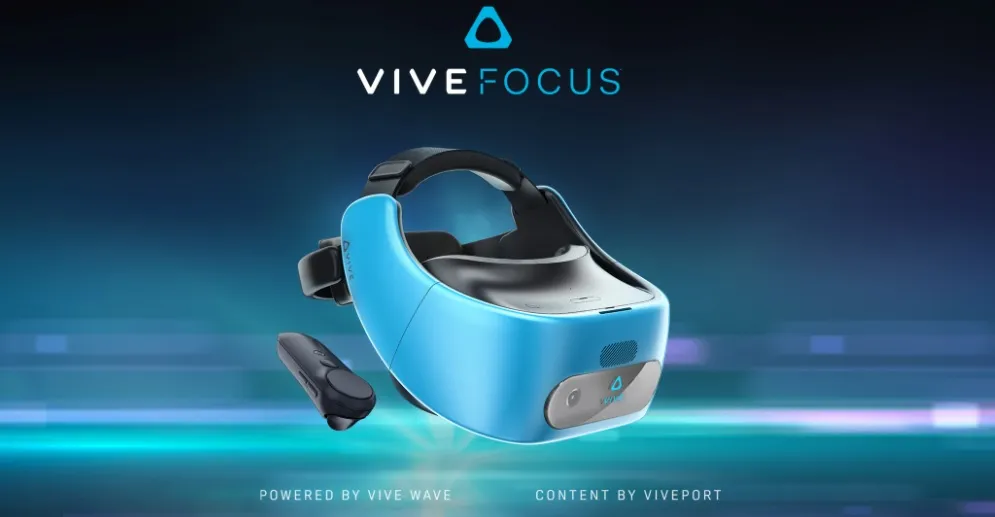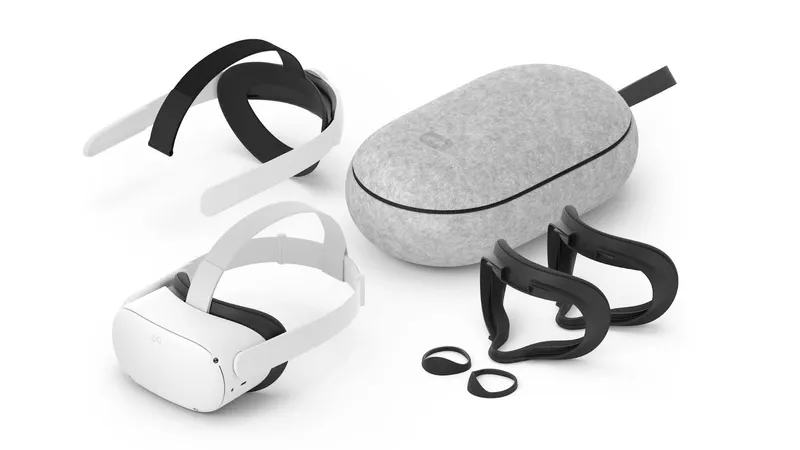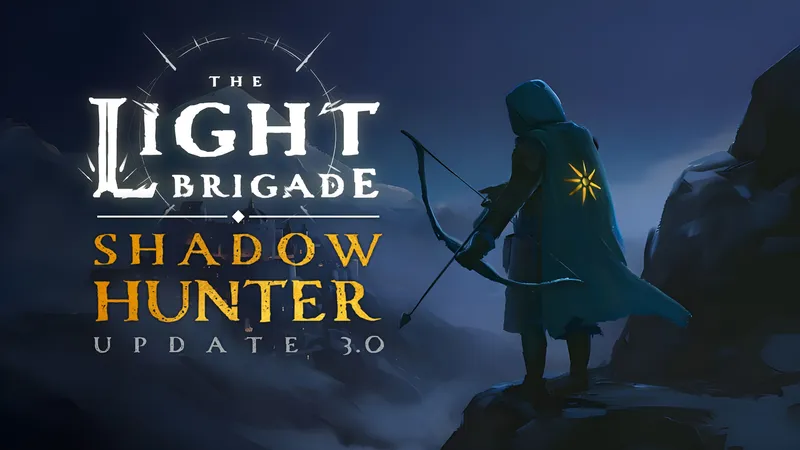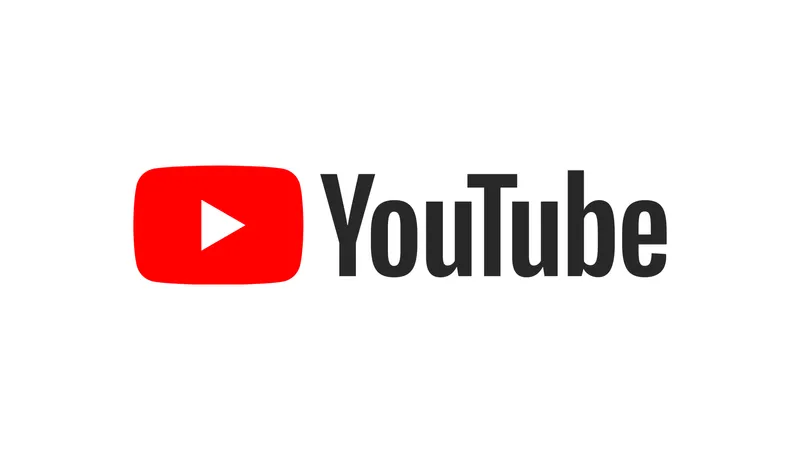Google and HTC Vive are no longer working on the standalone VR headset announced earlier this year.
In May, Google announced a new line of standalone devices running on its Daydream mobile VR ecosystem. These headsets were based on a reference design made in partnership with Qualcomm and featured WorldSense positional tracking, allowing users to lean into VR environments if not necessarily walk around them. At the time, HTC confirmed that it would be releasing a Vive-branded standalone device under this initiative.
At the Vive Developer Conference this week, however, HTC lifted the curtain on Vive Focus, its very own standalone headset that doesn’t integrate Daydream. The device was first teased back in July and said to be powered by Viveport, the company’s own VR content platform. It was assumed that this device was intended only for the Chinese market, where Daydream isn’t available, but since Vive Focus’ announcement, Google has confirmed — originally to TechCrunch — that the pair’s collaboration has come to an end. VP of VR Clay Bavor later reconfirmed the news.
Confirmed, no Daydream standalone from HTC, but we remain great partners. https://t.co/t3RvgJIMUp
— Clay Bavor (@claybavor) November 14, 2017
Instead, it looks like HTC is going all-in on the Vive Focus, which features six degrees of freedom (6DOF) tracking along with a 3DOF controller similar to the ones seen on the Gear VR and other Daydream devices. It will run on a proprietary platform named Vive Wave with content from Viveport. This marks the first time HTC has created its own platform for VR experiences; the original Vive runs on Valve’s SteamVR. Like Valve’s platform and Daydream, other companies will be able to make use of Vive Wave.
Vive Focus features a Snapdragon 835 chipset, which the company claims will make it easy for developers to port existing Daydream and Gear VR projects to, and even bring some PC-based VR experiences to with lower settings. However, there’s no word on if Vive Focus will come to markets outside of China just yet, nor when it will be available and how much it will cost in that territory. We’ve reached out to HTC to ask after a western launch.
Meanwhile, Lenovo is still expected to release a standalone headset under the Google WorldSense banner — which Bavor insists is still coming — but we doubt we’ll see that device until 2018.

























